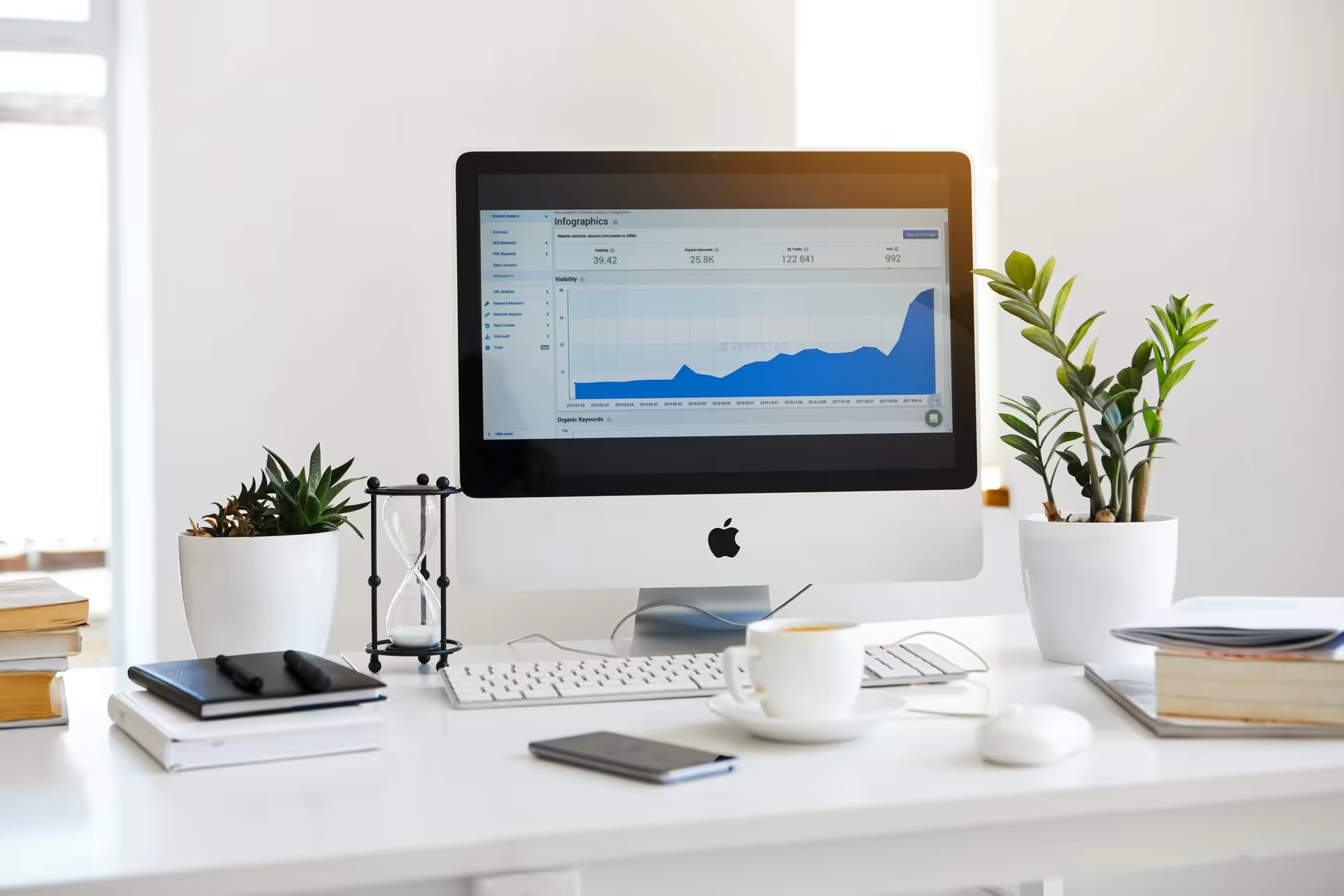Performance Analytics is the engine that uncovers insights and reveals hidden value to define new, targeted learning interventions. The result is learning spend that helps the business achieve key objectives.
Performance Analytics systems use business data and leading indicators to improve business performance by developing learning solutions that are more targeted, personalized and agile. They combine performance data (e.g., business key performance indicators (KPIs), tasks) and workforce data (e.g., hiring, retention) with learning data to ensure a strong link between learning and business outcomes.
For this reason, it is essential for companies to have tools that facilitate performance management since these will allow them to articulate the organization’s objectives in order to finally reach their goals.
Related: Performance Analytics and Why it Matters for Every Organisation
The benefits of moving to performance analytics
Performance analytics shift the analysis toward a more comprehensive view of performance issues and opportunities. By bridging the gap between current workforce capabilities and strategic goals, Performance Analytics:
- Analyzes gaps between current and future states, identifies root causes for low performance and provides learning solutions to address present and future performance gaps
- Uncovers insights and reveals hidden value, helping to define new, targeted learning interventions.
Most organizations have realized that conventional performance review systems are outdated, do not capture real-time performance, and fail to provide timely feedback and improvement opportunities to employees. According to the Randstad India HR Game Changers 2016 Survey, 28% of HR leaders feel employee performance methods need to undergo a significant structural change and evolve into something more transparent. In fact, a PwC report highlights that 52 percent of organizations have made or are planning to make changes to employee performance in the near future.
For example, India’s leading IT services companies, Tata Consultancy Services and Infosys, have shifted to a continuous performance system. By doing so, these two organizations believe that they will be able to monitor employee performance at regular intervals and predict their behavior, which could affect their engagement levels.
Technology is being touted as a key enabler that HR is now considering to predict employee performance.
Predictive analytics can be applied to the workforce to identify traits/patterns that account for bad or good performance on an individual and team basis. Since analytics is an amalgamation of powerful mathematical algorithms, it also gives objective insight into their work preferences and the factors that drive their performance. A company in the manufacturing sector used analytics to predict what was wrong with employee performance. Using analytics, this company discovered that morale of ten employees was down due to their issues with manager. The management quickly stepped in to resolve the situation and take preventive measures before the employee performance deteriorated further.
Related: Strategies to Retain Your High-Performing Employees
With the help of analytics, HR can also identify engagement activities which have the maximum and minimum impact on employee performance. This exercise has two-fold advantages. One, an organization can direct their investment towards initiatives that generate the highest interest in the engagement levels. Two, an organization can define measurable metrics that co-relate engagement and performance.
Related: Metrics vs Key Performance Indicators
Since organizations usually review employee performance annually, it leaves little time for HR to act on possible flight risks. However, performance analytics gives real-time information to take timely decisions. HR can recognize red flags of performance and predict which employees fall in the highest flight risk category. It can then either discuss the matter directly with the employees or implement tailor-made retention programs to re-engage them. When HR can gauge employee performance from analytics, succession planning also becomes easier. It can anticipate promotions, transfers and firing in advance. Accordingly, it can forecast workforce requirements and work towards filling the open positions.
HR is also discovering advantages of analytics in predicting employee performance and improving quality of hiring during recruitment. Analytics can mine data on candidate’s personality, behavioral traits and skills to throw useful insights into whether he or she would be the right fit for the organization. In a TJinsite Survey from TimesJobs.com, 90 percent of companies agree that predictive analytics is a promising hiring tool and could be the future of talent hunting. However, only seven percent of companies are using it for performance assessment during hiring.
Related: Streamlining Projects: Unveiling the Best Software for Project Management
Schneider Electric uses predictive analytics in addition to psychometric assessments, behavioral event interviews, PAPI (Personality and Preference Inventory) and Hogan assessments to avoid gut-based recruitment. Analytics helps it to prioritize and target only those candidates who are most qualified for a specific role or position. One of the company’s executives said, “The use of data and predictive analytics can impact the manner in which companies interact with customers, besides transforming how they search for, discover and retain promising talent.”
With business dynamics changing swiftly, real-time talent decisions are the need of the hour. There is no scope for taking a backward approach to analyzing employee performance. Or else, organizations stand a high risk of losing the business advantage. What better tool than analytics to peek into the future? There is no doubt that analytics can be a powerful data-driven tool for organizations to anticipate performance outcomes and develop pro-active strategies for people management.
Related: How to Carry out Performance Analytics
Benjamin Sombi is a Data Scientist, Entrepreneur, & Business Analytics Manager at Industrial Psychology Consultants (Pvt) Ltd a management and human resources consulting firm.

